Remix: Turning Fake Ads into Real Games
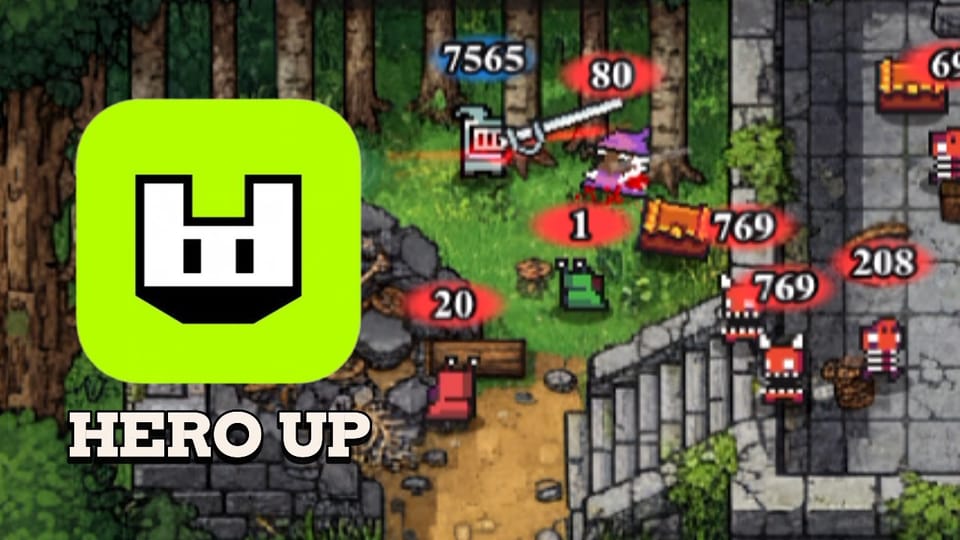
We’ve all seen those fake game ads. A hero levels up by fighting monsters slightly weaker than themselves. They look fun, but you know deep down they don’t actually exist. Remix has hosted a "Fake Game" Jam to encourage game developers to create these fake games.
Introducing the "Fake Game" Jam.
— Remix (@RemixGG_) September 15, 2025
Ever rage-downloaded a zombie runner, only to get a 4x game in disguise?
Not this time.
$5,000 on the line, make the cursed fake games real on our website and be rewarded. pic.twitter.com/YaEvzabQYj
The submission that intrigued me was from LeevaiNFT, titled HERO UP. It's a pixel-art puzzler that feels like those ads finally came to life. I spent some time playing it, and here are my honest thoughts.
First Impressions of HERO UP Gameplay
The first thing I noticed was how familiar the core loop felt. You start as a weak hero, then gradually fight monsters to level up. But unlike the fake ads, here you actually need to plan your moves.
- You can’t just button-mash your way through.
- The challenge lies in choosing the right sequence of monsters to defeat.
- Make the wrong choice, and you won’t be strong enough to take down the final boss.
It’s basically a puzzle game dressed up as an action-adventure, and that twist kept me hooked longer than I expected.
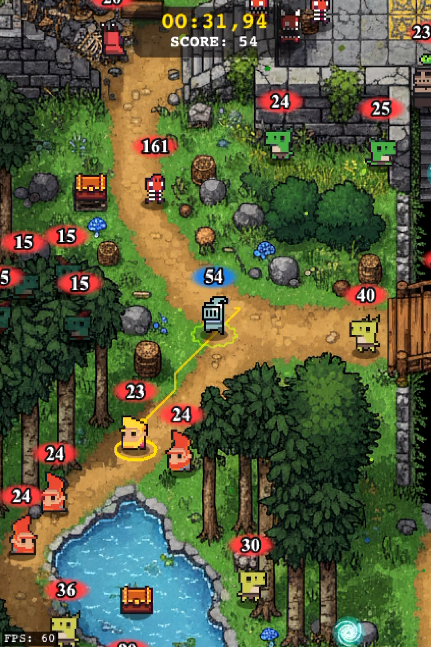
What I Loved About the Game
There are some genuinely clever design choices in HERO UP:
- Puzzle Mechanics: Every battle is a problem to solve. The “correct order” adds a chess-like layer of strategy.
- Speedrun Potential: The addition of a timer alongside the score makes it perfect for replayability. I can already imagine speedrunners breaking down optimal paths.
- Pixel Art Vibes: The art direction feels like a quirky mix of retro pixel aesthetics with “Among Us” humor sprinkled in.
These touches show that HERO UP isn’t just a throwaway jam game. It has real personality.
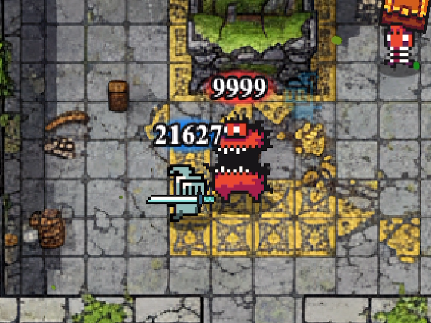
The Challenges of Scaling This Concept
As fun as HERO UP is, it also highlights why fake game ads rarely become real games. Here’s why:
- Map Complexity: To keep the game fresh, each new stage needs unique enemy sequences. Designing dozens (or hundreds) of maps would take serious development time.
- Repetition Risk: After 5–10 levels, the core mechanic might start feeling repetitive if no new twists are added. Players need fresh challenges or progression systems to stay invested.
- Development Costs: Building enough high-quality levels could take more time than an indie dev (or small team) can realistically commit to.
This raises the big question: Would players actually stick around for a full release of this idea?

Would You Pay for This Kind of Game?
The game makes me wonder how much players would be willing to pay. On one hand, the novelty of finally seeing a “fake ad game” turned real is strong. But unless the developer expands with new mechanics, it risks being too shallow for a premium release.
As it stands, HERO UP feels like:
- ✅ A fun mini-game worth checking out.
- ✅ A solid jam entry that gets players talking.
- ❓ A proof of concept that could evolve into something bigger.
Would I play it again? Definitely, as a fun side game. As a full release, though, it needs more mechanics and variety to stay engaging.
The Real Focus: Using Remix for Fast Prototyping of Creative Game Ideas
One detail worth noting is that HERO UP was built using Remix, the app that hosted the jam. What stood out to me is just how quickly HERO Up was brought from idea to life.
Normally, developing even a small puzzle game can take weeks or months, but with Remix, it seems possible to spin up a prototype in a much shorter time. That’s huge for indie developers.
- It lowers the barrier to entry for testing out unusual game concepts.
- Developers can validate whether an idea is fun with an audience before investing in full-scale production.
- Rapid prototyping means more experimental games, more jams, and potentially more hidden gems making their way to players.
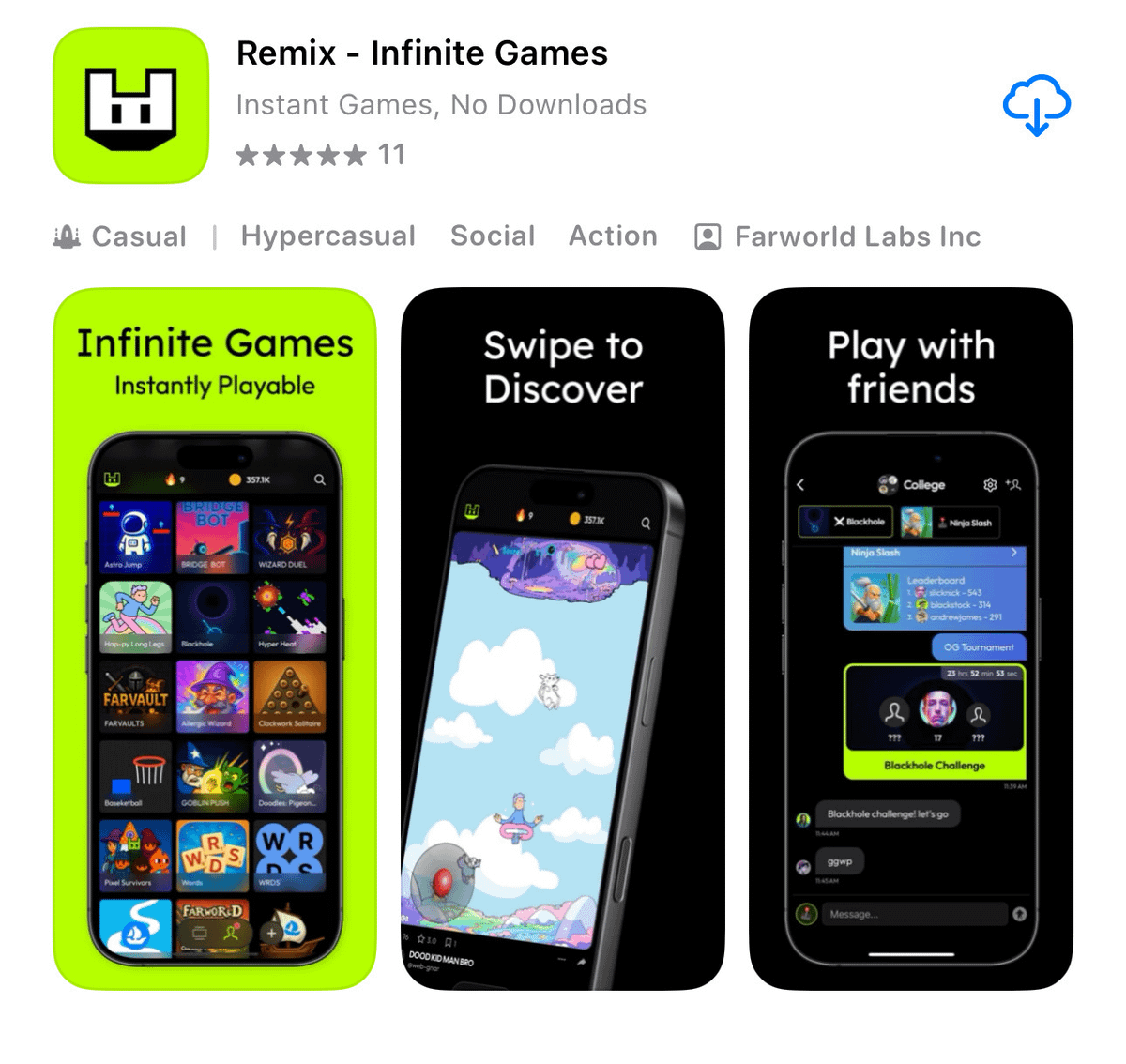
HERO UP itself might not yet be a full commercial release, but it shows how powerful the Remix app can be as a tool for game design experimentation. Imagine how many “fake ad” concepts or other quirky mechanics could be tested this way before committing to a full development cycle.
I'm looking forward to what game devs build in Remix in the future!
Here's my own experience in game development on Remix:
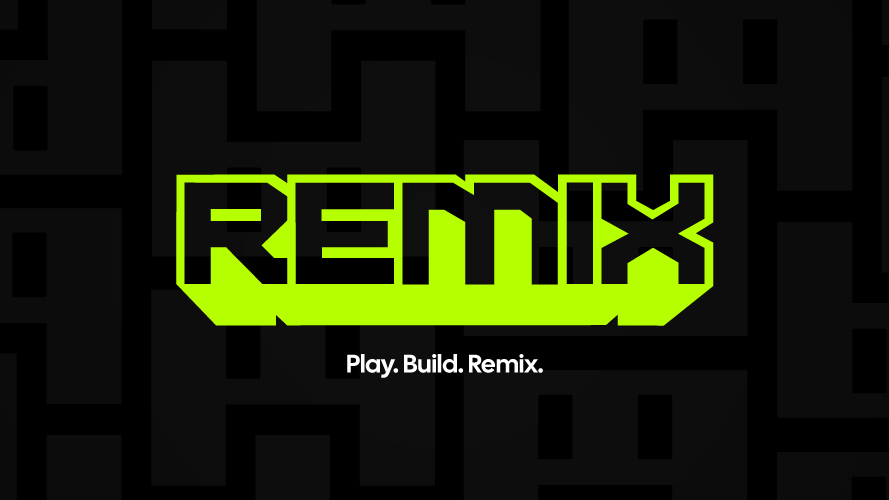

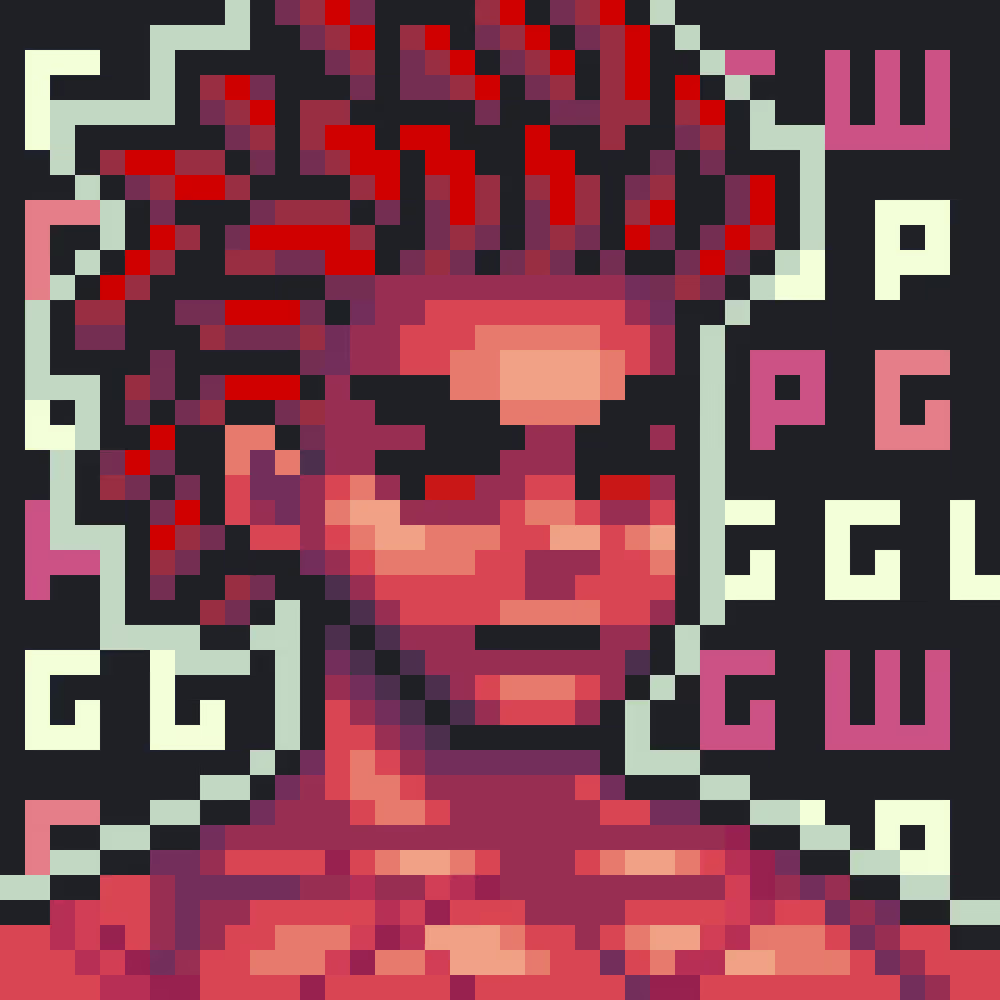
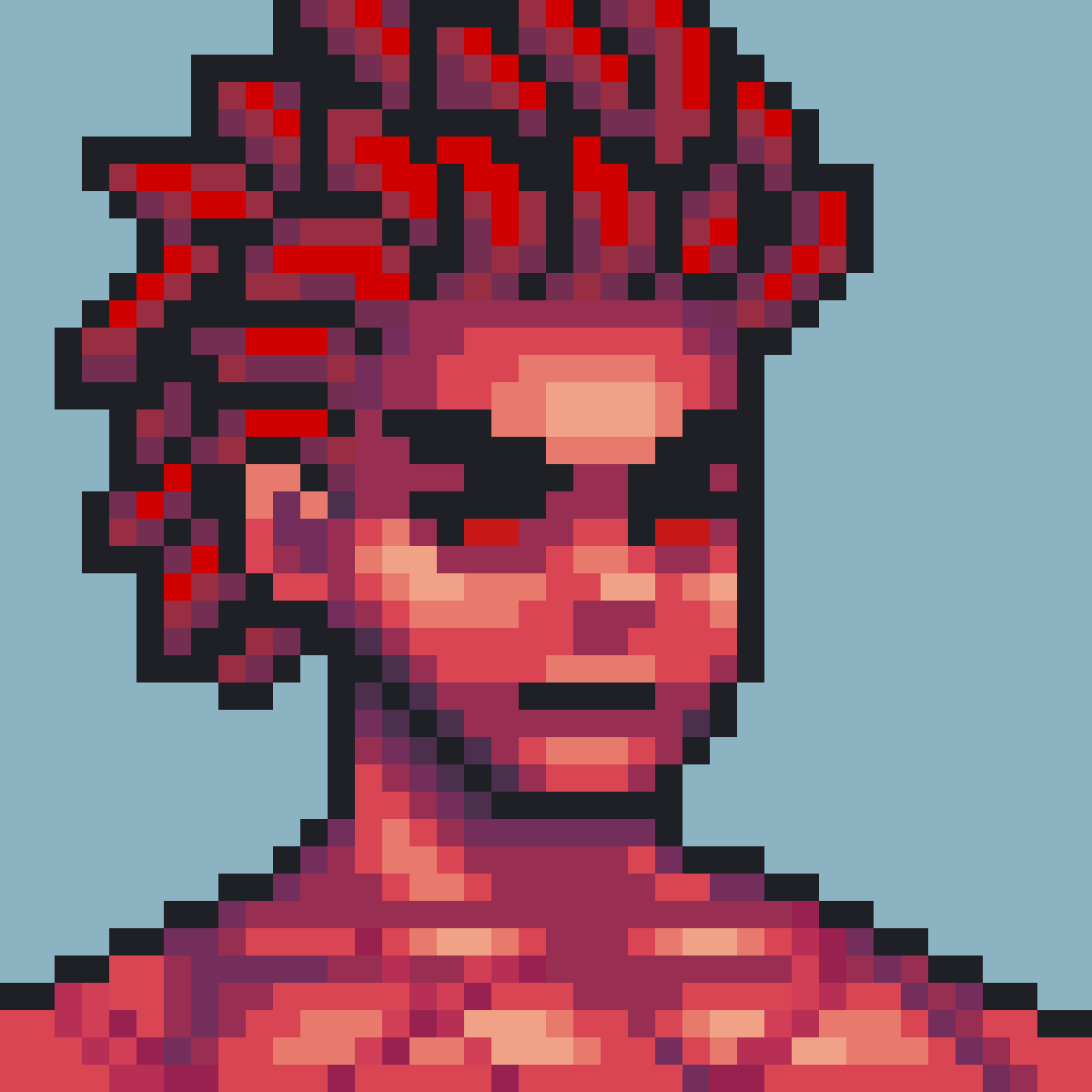
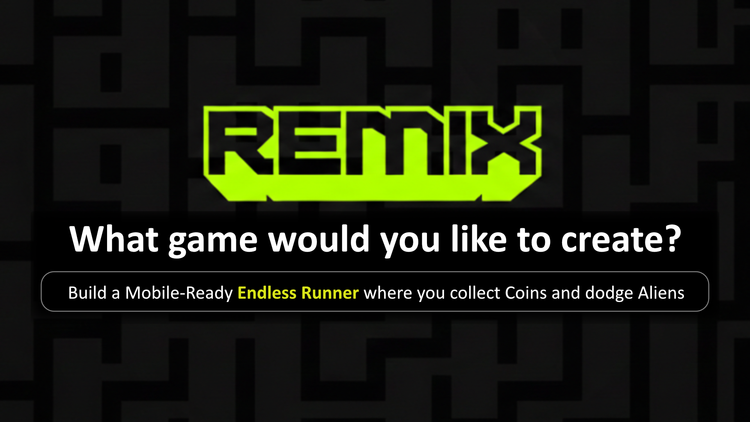
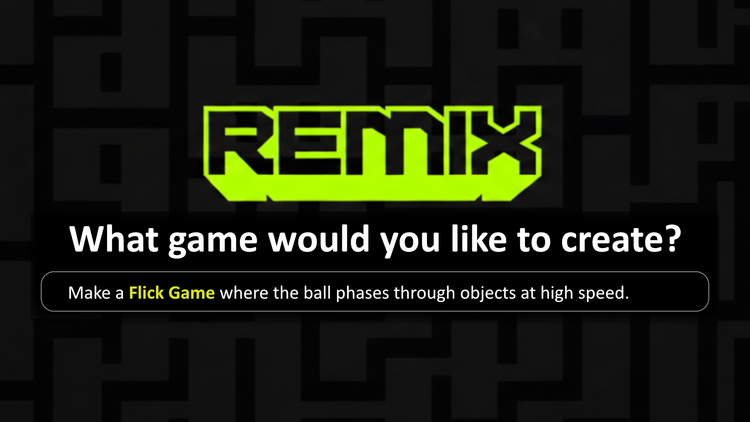
Comments ()